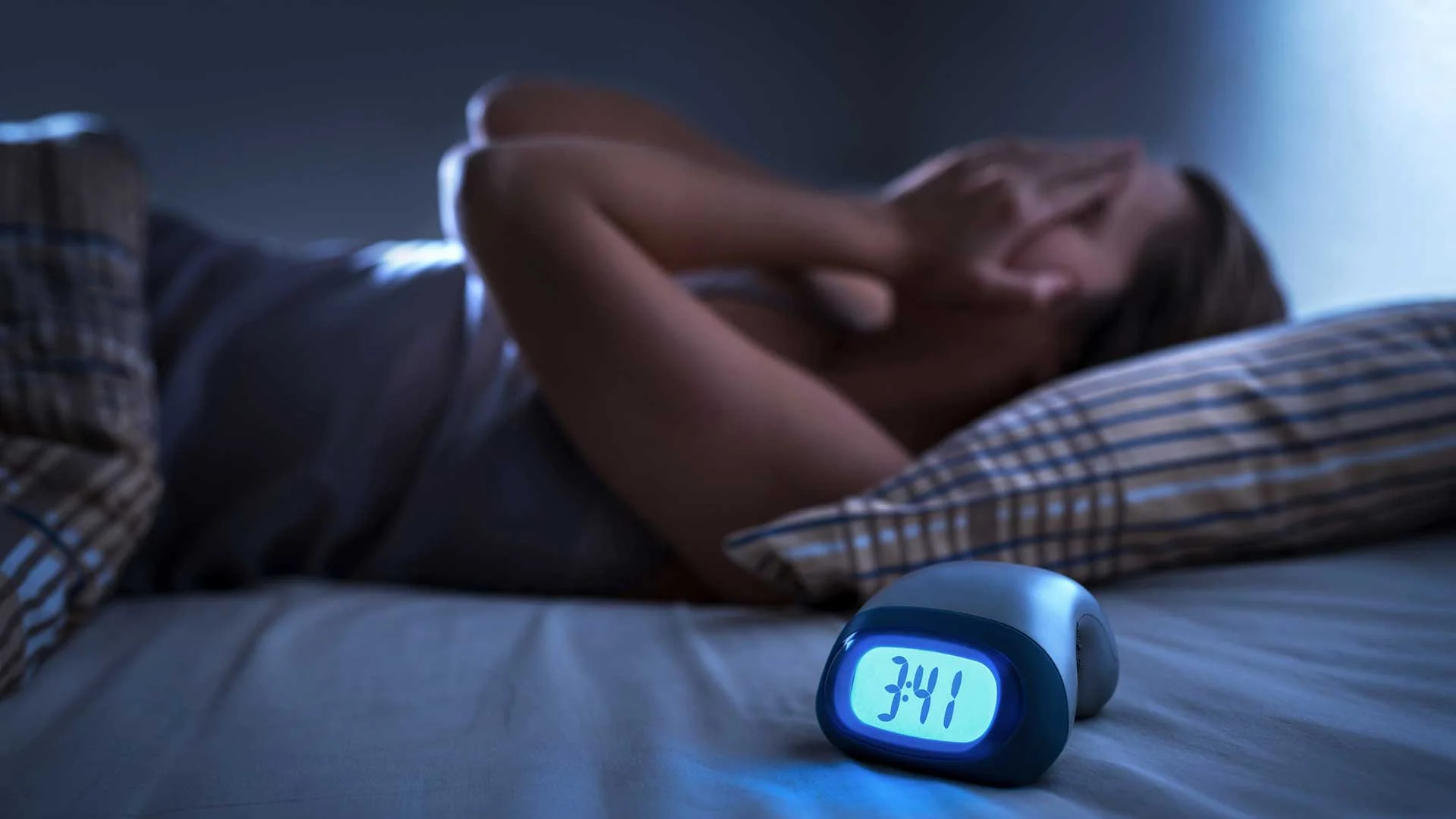
When it comes to getting quality sleep, sometimes our brains have other ideas. For people who suffer from Attention Deficit Disorder (ADD) or Attention Deficit Hyperactivity Disorder (ADHD), the ability to get a good night’s sleep might be thwarted by distractions, hyperactivity, or medication side effects. But, new research suggests that quality sleep might serve as an important part of helping manage the symptoms of ADHD (now frequently referred to as ADHD) in adults.
The article, published by ADHD Clinics on April 5, by Dr. Stanford A. Owen, explains that sleep quality stands out as an “often overlooked” but critical component in ADHD treatment and symptom management. (1) He explains that sleep and ADHD have a “bidirectional” relationship, because poor sleep can worsen ADHD symptoms but ADHD symptoms can cause sleep issues. This makes it a complicated, but essential, problem to prioritize. Owen advises adults with ADHD that quality sleep can lead to significant improvements in daily functioning, calling it a “game-changer.”
Owen says that sleep issues for those with ADHD range from difficulty falling and staying asleep, to experiencing restless sleep or insomnia.
According to a 2021 study, 8.7 million adults have ADHD in the United States–a diagnosis that comes with an economic burden. (2) In the study, which first appeared in the Journal of Managed Care & Specialty Pharmacy, ADHD has a productivity loss of $28.8 billion for businesses. Other studies have also identified the impact that an ADHD diagnosis can have for adults. A 2022 study found that 50.4 percent of adults who suffered insomnia or sleep disturbances due to ADHD medication reported a poor quality of life.
While ADHD can be managed with medication, patients may also see an impact on the severity of their ADHD symptoms through the management of their sleep schedules and working to achieve restorative sleep. Brain function and quality sleep are interconnected. Since brain health is reliant on sleep, people who prioritize their sleep often see better memory and emotional regulation. For people with ADHD, managing their sleep can be difficult, given that they often experience sleep-related difficulties, including falling and staying asleep and insomnia. Medication for ADHD can also lead to sleep side effects. All of which amplifies ADHD symptoms.
If you have ADHD and suffer from sleep disturbances, it’s important to establish healthy sleep practices to ensure that you’re getting the restorative sleep that you need. Sleepopolis recommends that you work to establish a consistent wake time and sleep schedule. It’s important to take time to exercise during the day and limit caffeine and alcohol in the hours leading to bed. You should also limit the amount of time you spend scrolling your phone or exposed to blue light prior to bed.
As with any sleep disturbances, and co-occurring conditions, the road to figuring out the right combinations of treatments and lifestyle changes can seem long and daunting, and full of trial and error when you already feel exhausted. But, researchers continue to unveil just how significant sleep is to overcoming these challenges and easing symptoms.

People With ADHD May Have a Different Circadian Rhythm: Here’s What to Know

ADHD and Sleep – Comprehensive Guide, Expert Verified

Is Your Manager Making You Lose Sleep? You’re Not Alone

TikToker Claims Drinking Coffee With ADHD Medication Can Promote Relaxation — Wait, What?
Sources
1. Owen, Stanford A. “The Impact of Sleep on Adult ADD Management,” ADD Clinics; https://addclinics.com/the-impact-of-sleep-on-adult-add-management/; April 5, 2024.
2. Jeff Schein, DrPH, MPH, Lenard A Adler, MD, Ann Childress, MD, Patrick Gagnon-Sanschagrin, MSc Patrick.Gagnon-Sanschagrin@analysisgroup.com, Mikhaïl Davidson, BA, Frédéric Kinkead, MA, Martin Cloutier, MSc, Annie Guérin, MSc, and Patrick Lefebvre, MA; “Economic burden of attention-deficit/hyperactivity disorder among adults in the United States: a societal perspective,” Journal of Managed Care & Specialty Pharmacy: Volume 28, Number 2; https://www.jmcp.org/doi/10.18553/jmcp.2021.21290; November 22, 2021.

























